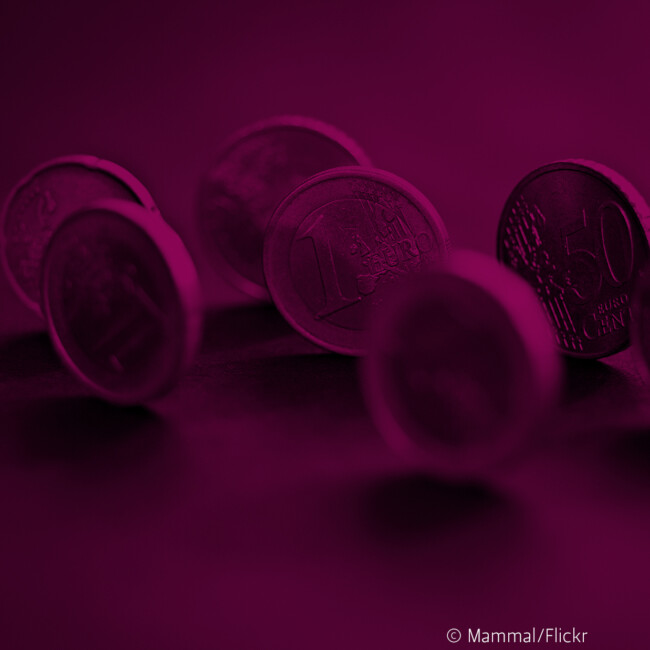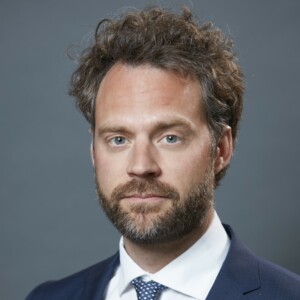The Finnish Institute of International Affairs (FIIA), VTT Technical Research Centre of Finland Ltd. (VTT) and ETLA Economic Research (Etla) jointly conducted a research project “Europe Facing Great-Power Competition: Mapping Finland’s Risks and Options in the Geoeconomic Rivalry”. The Project was part of the Finnish Government’s analysis, assessment and research activities (VN-TEAS) for 2021 and run until the end of 2021.
Global interdependence and the global trade system embodying it have traditionally been seen as sources of peace and stability. However, the currently intensifying great power competition between the United States and China is threatening to challenge this view. In this new environment of growing power politics and national security, economy and security are increasingly intertwined. What was previously seen as positive interdependence is now seen as potentially dangerous dependence, making nation states vulnerable to the influence others can exert due to complex connectivity. This entails strategic competition where geoeconomics – the leveraging of economic interdependencies for power political ends – is increasingly important.
As shown by the discussion around 5G technology, the new era of geoeconomic competition has also expanded to the technological domain, where the importance of strategic autonomy and state control seems to be continuously growing. While the competition over the strategic control of technology takes place mostly between the United States and China, other states cannot escape its impacts and implications, either. Europe, Finland and their technology companies are susceptible to geoeconomic risks, which can influence market entry and market operations. Therefore, there is a clear need for a better understanding of the interdependencies and risks related to technological competition, as well as better ways to recognize and evaluate geoconomic risks.
The main goal of the research project was to analyze the risks and opportunities of the on-going Sino-US geoeconomic competition for the European Union, and especially Finland, as well as to assess relevant policy options for managing it.
The research project was led by Programme Director Mikael Wigell from the Finnish Institute of International Affairs (FIIA). The research team also included Senior Research Fellow Christian Fjäder (FIIA), Leading Researcher Niklas Helwig (FIIA), Principal Scientist Arho Suominen (VTT), Senior Scientist Matthias Deschryvere (VTT), Research Director Heli Koski (Etla) and Researcher Ville Kaitila (Etla). The project was coordinated by Specialist Anu Ruokamo (FIIA).




